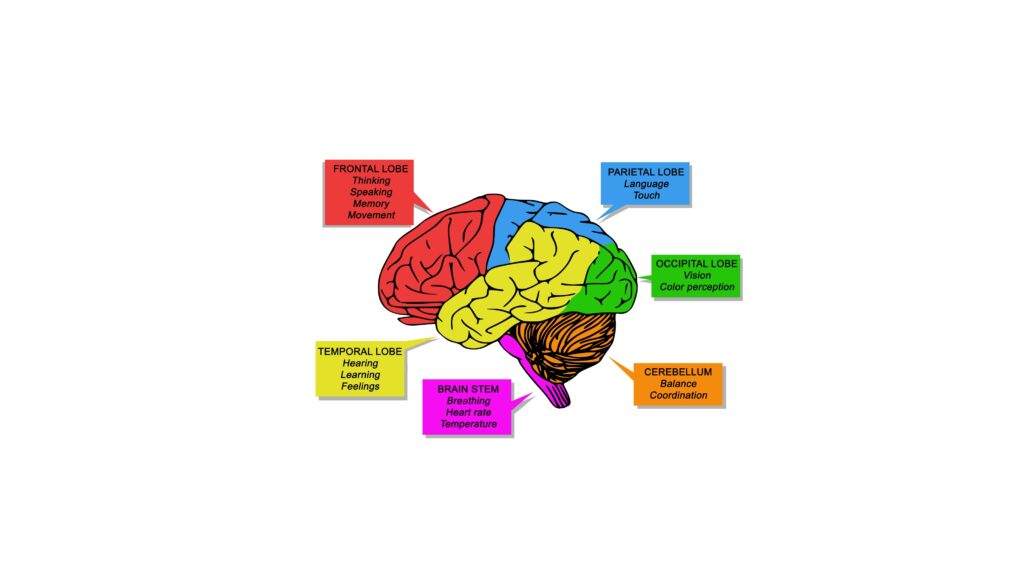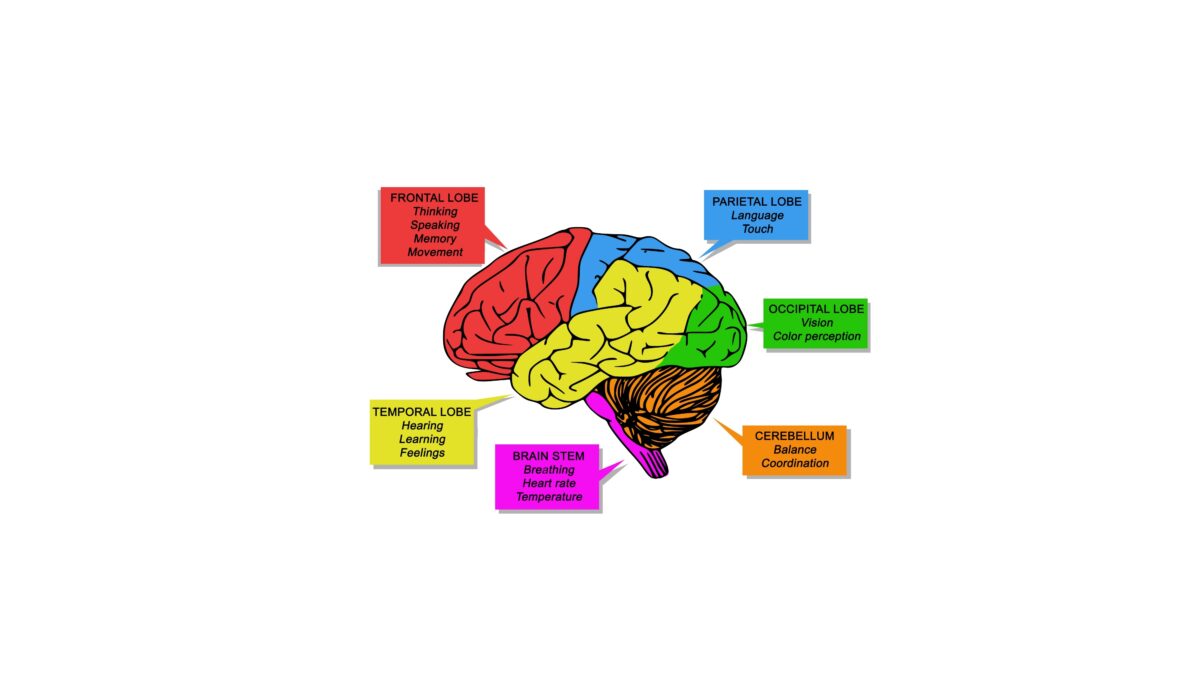Fear, Skill, and Willpower: Understanding Human Response to Extreme Psychological Stress
This Blog explores the psychological effects on humans when they encounter unforeseen, fearful circumstances. In such situations, the physical body can malfunction, leading to a loss of equilibrium. Uncontrollable physiological responses, such as involuntary urination and defecation, may occur due to extreme stress. This is often seen in cases of intense trauma or fear, where the body’s “fight or flight” response is triggered.
When fear overwhelms an individual, their skills and willpower can be severely impaired. For instance, a patient diagnosed with stage 4 cancer may feel psychologically defeated, knowing that escape from death seems impossible. In such cases, maintaining willpower and skill becomes extremely challenging, if not futile.

Psychological effects of fear on skill and willpower
When humans face sudden, life-threatening fear—whether in accidents, terminal illness, or trauma—the body and mind undergo a profound transformation. The nervous system activates the fight-or-flight response, flooding the body with stress hormones like adrenaline and cortisol. This primal reaction, designed for survival, can override conscious control, leading to involuntary actions such as trembling, fainting, or even loss of bladder and bowel control.
The Balance Between Skill and Willpower Under Fear
In normal conditions, skill refers to learned abilities—speaking, driving, problem-solving. Willpower is the inner drive to act, persist, and overcome. But under intense fear, both can collapse:
– Skill fails when the brain’s executive functions shut down due to panic. A trained speaker may forget their lines. A driver may freeze at the wheel.
– Willpower fails when the mind accepts defeat—especially in cases like terminal illness, where the fear of death becomes psychologically overwhelming.
Take the example of a stage 4 cancer patient. Despite medical knowledge or coping strategies, the awareness of impending death can erode willpower. The body may still function, but the mind retreats. This is not weakness—it’s a natural psychological response to existential fear.
Can Skill and Will Be Recovered?
Yes—but it requires psychological resilience training. According to experts, the following strategies help:
– Mindfulness and breathing techniques to regulate the nervous system
– Cognitive reframing to challenge fear-based thoughts
– Support systems (family, therapy, community) to restore hope
– Gradual exposure to feared situations to rebuild confidence



Its very informative
Very impressive blog
👍